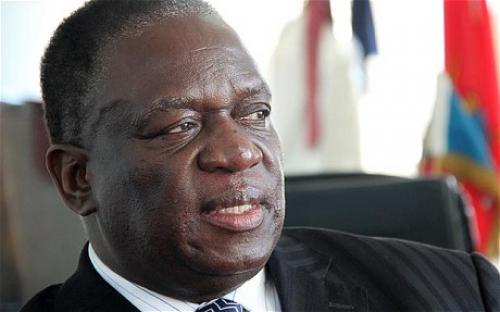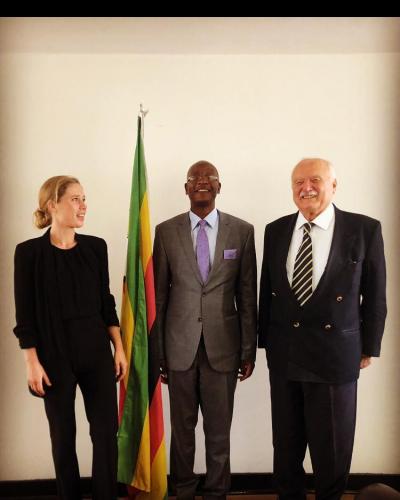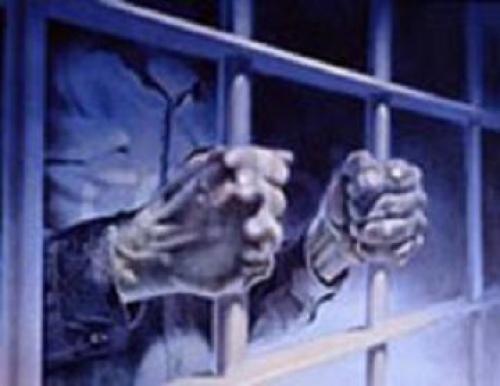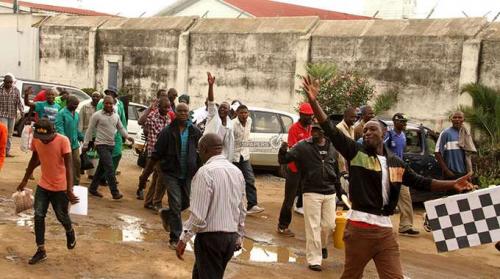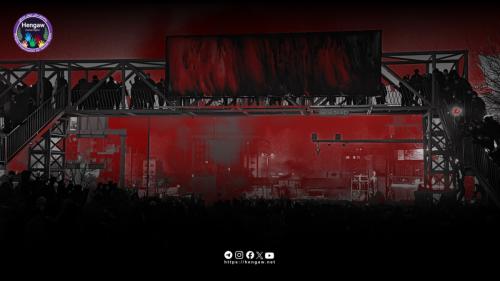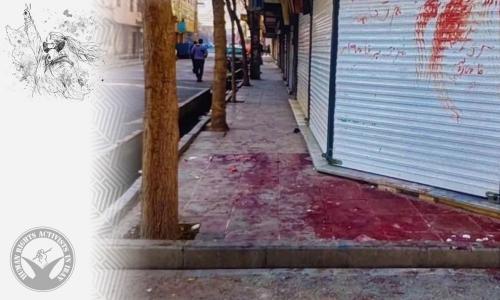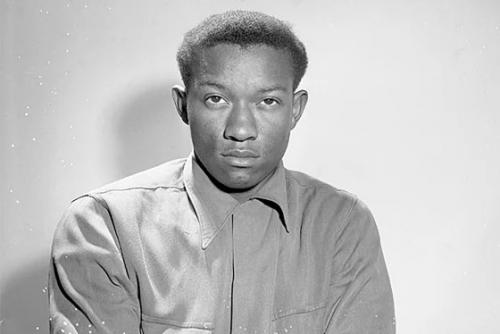international treaties on human rights and the death penalty:International Covenant on Civil and Political Rights
Convention on the Rights of the Child
Statute of the International Criminal Court (which excludes the death penalty) (only signed)
situation:Since July 2015, Zimbabwe can be considered
de facto abolitionist country, after ten consecutive years without carrying out executions.
Since independence from Britain in 1980, according to official figures, 79 people were executed in Zimbabwe. The last person to be executed was Mandlenkosi “Never” Masina Mandha, who was hanged on 22 July 2005 after being convicted of murder.
Zimbabwe’s new Constitution, which was approved by 94.5% of voters in a constitutional referendum held in March 2013, abolished the death sentence for women and those under the age of 21 and above 70 years. “Every person has the right to life,” is written in Section 48 the new Charter. However, “A law may permit the death penalty to be imposed only on a person convicted of murder committed in aggravating circumstances,” it adds. “The law must permit the court a discretion whether or not to impose the penalty,” the Constitution states.
On 21 October 2014, the High Court ruled that the death penalty cannot be imposed on murderers in Zimbabwe until the legislature enacts a law spelling out the circumstances under which one can be hanged.
At the end of 2017, President Robert Mugabe was deposed after 37 years of ruinous rule, and replaced by Emmerson Mnangagwa, who promised "a new democracy".
The change of power is also significant for the Zimbabwe’s death penalty policy. Mugabe, around the time of his departure from office, had plans to resume executions. Advertisements were placed to recruit a hangman – a position that had been vacant since 2005. Mnangagwa, on the other hand, has been vocal in his opposition to the death penalty. Significantly, he himself had faced the prospect of being hanged under the government of Ian Smith, against which he fought during the liberation war.
On 22 March 2018, President Emmerson Mnangagwa has effectively commuted death row inmates' sentences to life‚ as part of a presidential pardon to 3‚000 inmates in overcrowded Zimbabwean prisons. "Commutation of the death sentence to life imprisonment is hereby granted to all prisoners who have been on death row for ten years and above‚" the President said.
At least 16 inmates sentenced to death have escaped the hangman’s noose and, according to local press, there were at the moment of the amnesty 101 death row inmates, so the total number reduced to 85.
Among those commuted, also a woman, Yvonne Musarurwa‚ a Movement for Democratic Change (MDC) activist‚ who was jailed for killing a police officer‚ Inspector Peter Mutedza‚ in 2013 before that year's general elections.
In 2017, at least 11 new death sentence were imposed.
In 2015, at least 6 new death sentence were imposed in Zimbabwe.
Harare Central Prison is the only prison designed for death row inmates but some of the prisoners sentenced to death were now being kept at Chikurubi Maximum Prison because of shortage of space, a situation that has left a number of the condemned prisoners subjected to psychological torture as a result of the delays in carrying out the executions.
United Nations
On 2 November 2016, Zimbabwe was reviewed under the Universal Periodic Review (UPR) of the UN Human Rights Council. The country’s delegation accepted recommendations to abolish the death penalty and consider ratifying the Second Optional Protocol to the ICCPR as well the CAT and to “take measures” to abolish the death penalty.
On 19 December 2016, Zimbabwe, for the first time, abstained on the Resolution on a Moratorium on the Use of the Death Penalty at the UN General Assembly. It previously voted against.
On 17 December 2018, Zimbabwe voted against the esolution on a Moratorium on the Use of the Death Penalty at the UN General Assembly.







